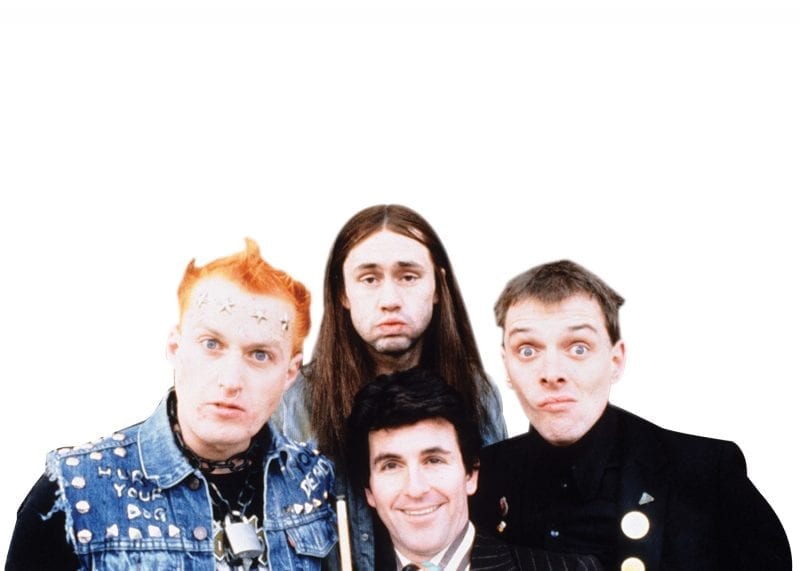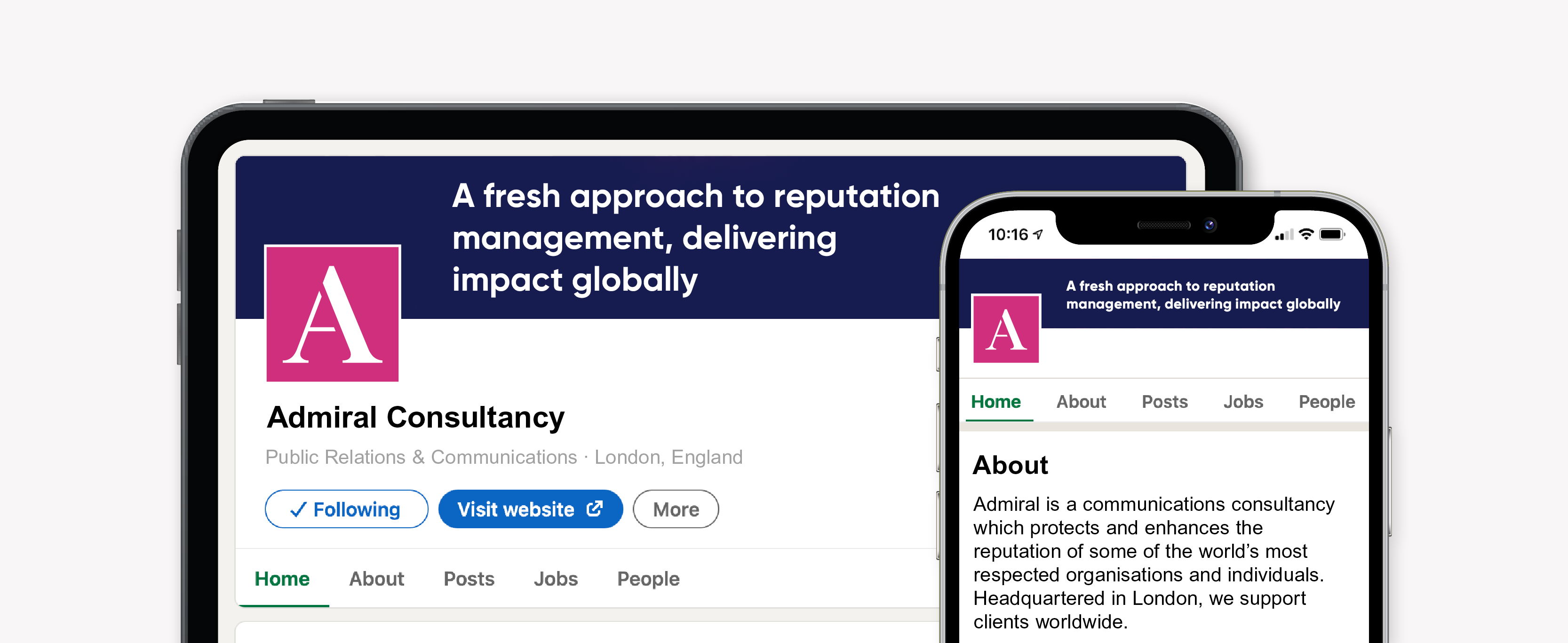
In the early 1980s a particularly unedifying portrayal of student experience appeared on television in the comedy series ‘The Young Ones’. It followed the antics of four dysfunctional individuals who made a lot of noise and caused a lot of damage, while giving absolutely no thought to the quality of their degrees or their future graduate employment opportunities. The recent death of Rik Mayall, who played one of the central characters, has brought out faded photographs of the series in the media and reminded us of another time and place in higher education.
Before the introduction of tuition fees students were, on the whole, a carefree bunch. They chose a university for many reasons; sometimes the quality of the student bar was as influential as the quality of teaching. This changed when the state ceased to fund tuition fees, making a university education as much of an investment as a lifestyle choice. The premise that value for money was important became accepted and one of the markers for this is whether or not a degree improves employability and future earnings.
For this reason, statistics published this week by the Higher Education Statistics Agency, provide some useful insight for prospective students and their parents. The good news is that out of the class of 2012/13 UK first time graduates 70 per cent are employed either in the UK or overseas. The rest are either studying, travelling, involved in an activity; of the total number, 8 per cent are unemployed.
Drilling down into the detail of the survey, however, reveals aspects over which potential undergraduates have little or no control. For example, unemployment rates are at 5 per cent for women but 8 per cent for men. Also, some subjects, superficially at least, make some people more employable than others. Those with qualifications in medicine & dentistry had a 100 per cent graduate employment rate last year while those in Computer Science only had an employment rate of 87 per cent.
Even with a degree under their belts, it is also worth noting that 34 per cent of graduates spent the first year of employment in occupations classed as non-professional. Entry into the graduate level is not automatic by any means; yet to justify the expense of studying for a degree it must be seen as a consideration when selecting a course and an institution. So not only do prospective students now look at reviews of student experience and value for money, they also consider whether studying a particular course at a particular institution will enhance their job prospects.
Employment league tables are available alongside all the other surveys and ways of evaluating universities. Last year, Robert Gordon University Aberdeen was marked out as “the best university for employment” which enhanced its reputation. The Further Education sector is surging ahead with employability outcomes. ReedNCFE is working innovatively with commercial organisations to deliver much better employability outcomes by focusing on softer skills. They have a proactive approach to furnishing students with jobs. Meanwhile, to address this issue of employability, some higher education institutions have explored additional courses to run alongside the pure study of a degree.
Recently City University London made the news when it joined a growing number of universities which have introduced a compulsory Graduate Market and Employability module for all LLB Law first year students. This business module is designed to encourage students to engage with careers’ planning and try to bridge the gap between the protective educational environment and the different demands of professional life that students will face. In short, it is designed to make them more employable.
Similar modules aimed at increasing employability have been introduced to other courses, including veterinary science, and using the resource of the university Business School to teach them ensures that the delivery is as streamlined as possible. With the expertise available on campus, it makes sense to encourage synergy between the Schools.
It is a far cry from antisocial antics of The Young Ones; today’s student are more likely to weigh up the ultimate employment value of a university place than drink a gallon of blue liquid or crash a Routemaster bus. And while Rick, Vyvyan, and Neil gave little thought to whether the years spent studying sociology, medicine and peace studies would equip them for the future, the vast majority of current and prospective undergraduates do consider how their course of study will set them up for later life. Those universities that provide added value to a degree are likely to do well in attracting the future generation of more serious students.
